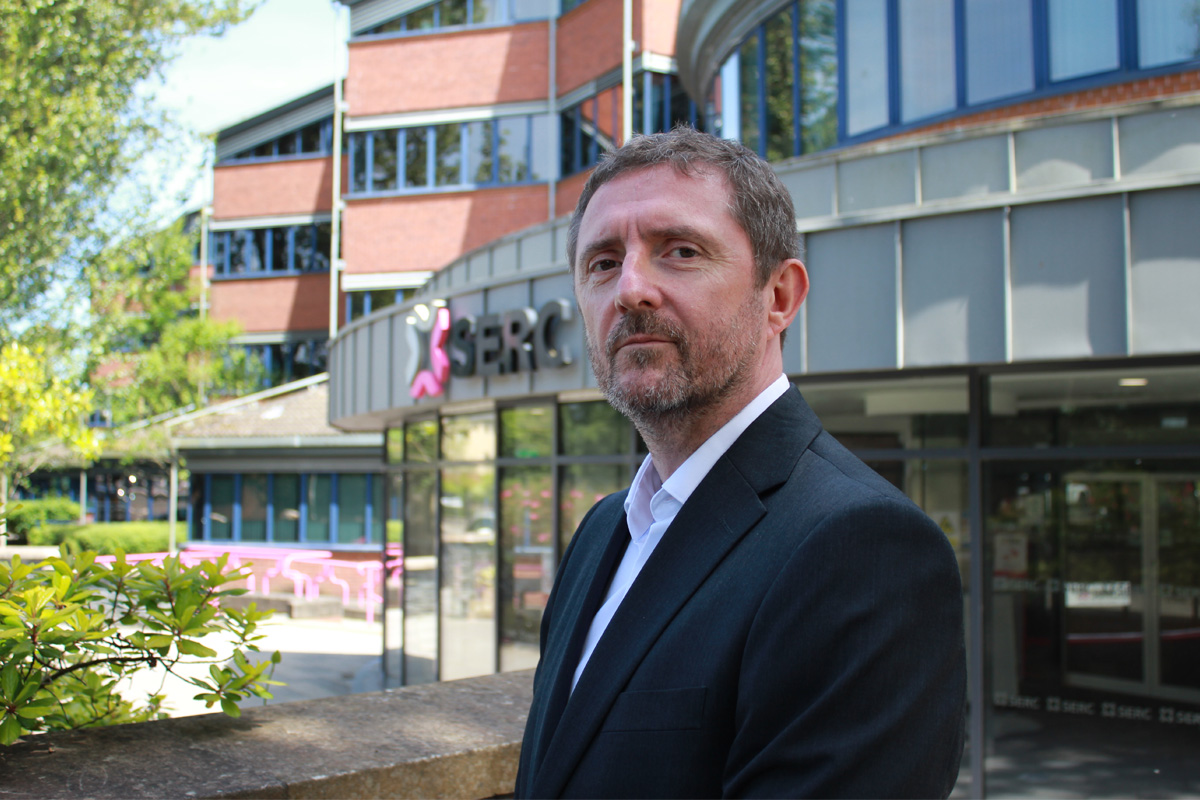Too often, FE is setting its future leaders up to fail

Historically, the further education sector has not provided middle managers with clear expectations or the same level of support that is has its teachers. That means that we are in danger of setting our future leaders up to fail.
It also makes no sense. When you consider the huge amount of effort we invest into training and enabling teachers, letting them flounder when they decide to progress into middle management is nonsensical.
Taking on a management role
Taking on a management role for the first time can be difficult. Those new to it may feel a need to prove themselves, justifying their being given the position. That difficulty is even greater if you are promoted to manage those you previously worked alongside. This can be even more challenging still if there is an absence of clear expectations and support.
Now add to all of this that you operate in a sector that endures a rapidly changing working environment, often constrained by limited funding and regularly concerned about performance measurement. It is no wonder that some of us question why anyone would want to be a middle manager in further education.
Perhaps the answer is similar to why someone becomes a teacher in further education; that is, the ability to make a difference, to impart knowledge and skills, and to enable the next generation. The intrinsic motivation of reward through supporting others to progress and achieve can be powerful.
The true reason for someone wishing to become a middle manager in further education will vary from person to person. It could be to take on a new challenge, or the opportunity to have impact, or perhaps a natural next step in someone’s career. Regardless of the reason, it is important that each professional can transition into the role with confidence, knowing what to expect and what is expected of them.
Consider the journey of becoming a teacher
Consider the journey of becoming a teacher. The further education sector sets out a framework of professional standards which in turn informs teacher education courses reinforced with continual professional development programmes. This is not to suggest that teachers do not have significant pressures in assuming their roles. It is more to highlight that in comparison, there are no such standards for middle managers, no sector specific qualifications and a limited number of tailored professional development programmes. In fact, several academic scholars have highlighted that even the training available for managers is often generic and not fully applicable to a middle manager working in Further Education.
Research looking at the establishment of expectation of middle managers in FE
The good news is that the problem is known and recognised. University of Portsmouth research – begun in 2017 and published in a series of academic articles – looked at the establishment of expectation of middle managers in FE from the perspective of human resources managers. It identified four pillars of professional expectations for further education managers including; the ability to lead and foster team working relationships, a focus and drive to ensure students are successful, resilience and the ability to respond to change, and a good understanding of and commitment to the sector.
This research has fed into the development of four sets of Professional Standards by the Education and Training Foundation. Together, they provide a staged approach to the expectations and competencies of leadership, at each step of the journey from aspiring middle leader to Principal or CEO. They will be available in September 2022.
Each has an accompanying Training Needs Analysis that can be used by leaders to reflect on their current repertoire of leadership knowledge and skills, providing an individualised feedback report to help a leader identify and prioritise their training and development needs.
While this may not solve all the challenges faced by FE middle managers, it feels like a step in a positive direction of clarity of expectations and the provision of meaningful support.












Responses